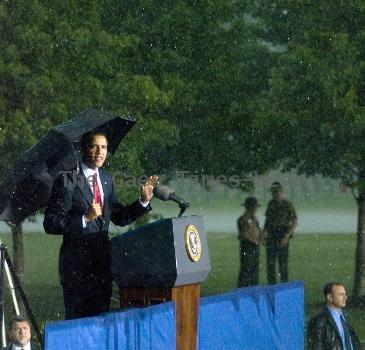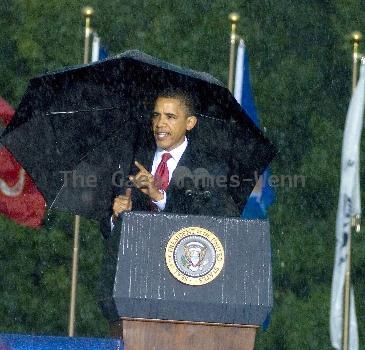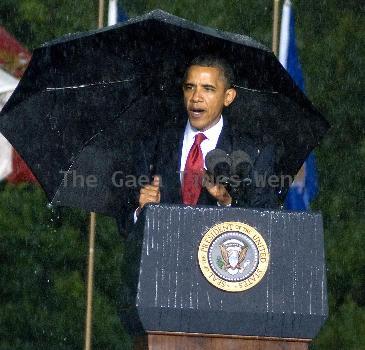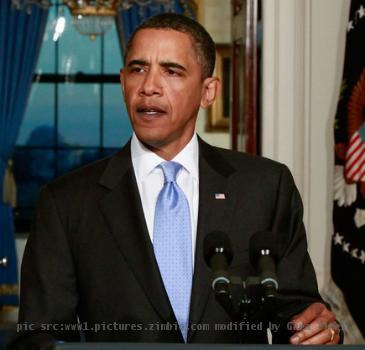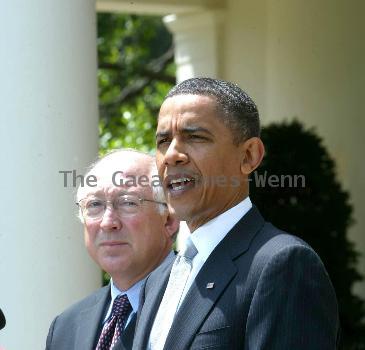Delayed by policy squabble, confirmation hearing for intelligence chief now on Senate calendar
By Kimberly Dozier, APWednesday, July 14, 2010
Senate hearing finally set for intelligence chief
WASHINGTON — In a high-stakes national intelligence stare-down between congressional Democrats and the White House, Sen. Dianne Feinstein blinked.
Feinstein, D-Calif., the chairwoman of the Senate Intelligence Committee, ended weeks of delay Tuesday and set a confirmation hearing for President Barack Obama’s nomination of retired Air Force Gen. James T. Clapper to be the next director of national intelligence. The hearing was scheduled for July 20.
By doing so, Feinstein backed off from a threat to wait until a key piece of intelligence legislation passed the House before putting the confirmation process in motion.
Obama nominated Clapper, the head of intelligence for the Defense Department, six weeks ago after requesting that retired Adm. Dennis Blair step down. At the time, the president said he wanted a speedy confirmation.
But Feinstein and the top Republican on the committee, Sen. Kit Bond of Missouri, used the pending hearing as a lever to expand intelligence reform. In a standard bit of quid pro quo negotiation with the White House, Feinstein wanted to see action first on last year’s intelligence bill. The Senate has passed that bill, but it has languished in the House.
The holdup: House Speaker Nancy Pelosi, D-Calif., and her ongoing negotiations with the White House to make the bill stronger.
Pelosi’s oversight of intelligence came under fire last year when she said the CIA had misled her in a 2002 classified briefing about its use of waterboarding and other harsh interrogation tactics. The agency insisted it had not lied, and former Bush administration officials and Republican lawmakers said she had been consulted and had not protested.
Pelosi wants to add more oversight to the bill by ensuring that future briefings include the congressional intelligence committees and not just the senior leadership of Congress. The House version of the bill also would give the Government Accountability Office oversight of the nation’s intelligence agencies.
The White House has been opposed to expanded access to briefing and threatened a veto when the House intelligence committee pressed a similar bill last year.
According to congressional intelligence staff, the bill would also set up an independent inspector general overseeing all 16 U.S. intelligence agencies. The measure would be the first intelligence authorization act passed in several years.
Pelosi has held what she described as positive talks with Obama’s national security adviser, Jim Jones, on getting the White House to sign off on those portions of the House bill before it’s combined with the Senate version.
A Feinstein aide said Tuesday that the senator decided she could not risk delaying Clapper’s nomination any longer because the acting director of national intelligence, David Gompert, is retiring at the end of the summer. The aide spoke on condition of anonymity because he was not authorized to comment publicly.
Congressional staffers say Republicans have not ruled out putting a hold on the nomination depending on how Clapper responds to questions at the hearing next week. They were not authorized to speak publicly on that subject and requested anonymity.
Tags: Barack Obama, District Of Columbia, Legislature Hearings, North America, United States, Veterans, Washington
